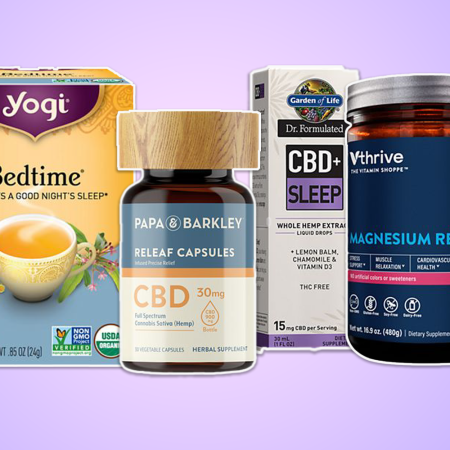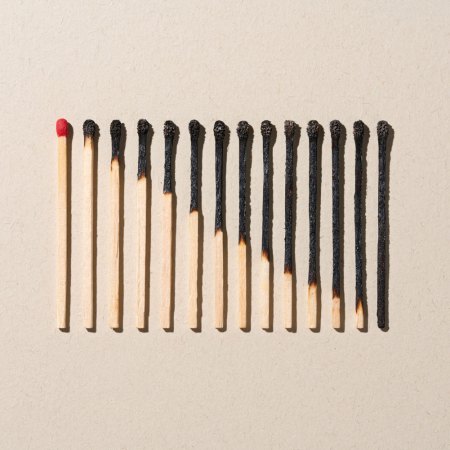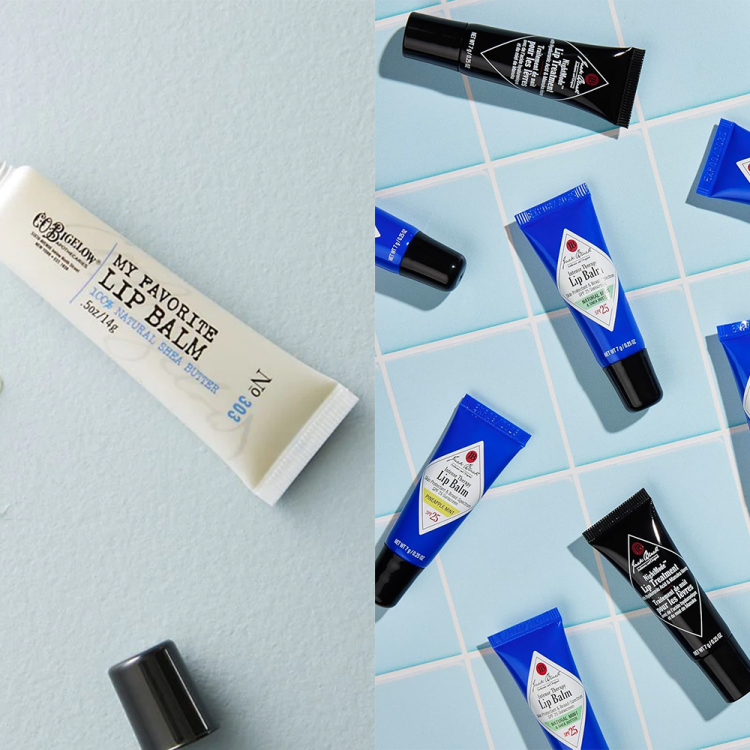Sleeping for at least eight hours every night is widely believed to come with a host of benefits for your health. There’s also a growing body of research indicating that sleeping on a consistent schedule night after night is also advantageous for your long-term well-being. And now, there’s yet another reason to seek out more sleep — it turns out sleeping for longer periods of time can also improve your brain’s overall health, and potentially stave off the risk of developing dementia.
That, at least, appears to be one of the big takeaways from Neuronal dynamics direct cerebrospinal fluid perfusion and brain clearance, a paper published earlier this year in Nature. In an article for Ars Technica, Elizabeth Rayne analyzed the paper and its ramifications for our understanding of the way we sleep. The short version is that sleep gives the brain a time to remove detritus from the brain. Or, as Rayne phrases it, during sleep, the body “[moves] cerebrospinal fluid through brain tissue, carrying out metabolic waste in the process.”
Or, as the paper’s authors write, they “propose that multiple loops of recurrent circuits are designed to generate self-perpetuating oscillations.” That, in turn, can result in “brain clearance.” The study’s authors note that this research is still at an early stage. This research involved studying mice that had been tranquilized using ketamine, for instance. As Rayne recounts, activity in the brain’s neurons helps to make the body’s glymphatic system remove accumulated waste.
Do Sleep Aids Give You Nightmares?
You’re not the only one experiencing this phenomenonScientific research has pointed to the glymphatic system as being a potential defense against neurodegenerative conditions and other issues that can affect the brain, such as strokes. This latest paper represents one more piece of a larger puzzle — and might give readers one more reason to be cognizant of how much they’re sleeping each night.
The Charge will help you move better, think clearer and stay in the game longer. Subscribe to our wellness newsletter today.



















